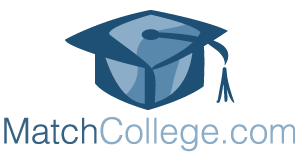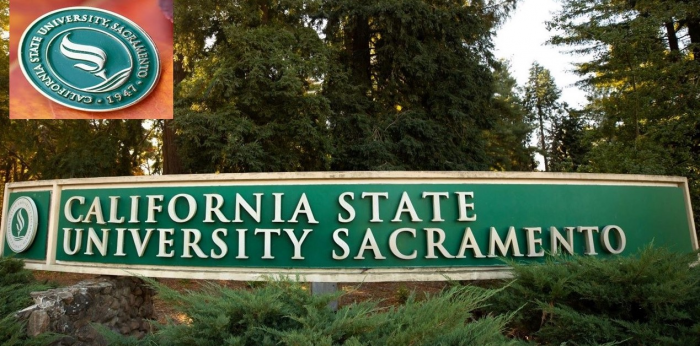Attending College as an Adult

MatchCollege is a comprehensive website for seekers of higher education providing information on over 6,500 colleges and universities in the United States
A substantive shift has taken place over the last two decades with respect to adults attending college. The attached guide is a concise summation of those changes designed to help you understand the shifts and act accordingly to bolster your career trajectory. Regardless of whether you are an adult enrolled in college or a working professional considering college, it is important for you to understand these changes in the marketplace and how they may affect your career. In the attached eBook, we dive into these topics:


From the data we have culled, adults are highly motivated to attend college or take college-level classes in order to upskill, increase their earning potential, and remain competitive in the workplace.
JEFF BARISON
Significant Changes in the Job Market
The notion of a traditional college student is shifting significantly. Consider the following facts about college enrollment:
- 47% of enrolled college students are over the age of 22
- Part-time enrollment in college is at 37% of all students
- An eye-popping 62% of enrolled students are working
- Only 41% of enrolled college students live on-campus
- Twenty-eight percent of enrolled college students have children
- 27% of enrolled college students attend class online
Much like the significant changes that exist with the demographics of college students, we are seeing substantive changes in the job market. From the data we have culled, adults are highly motivated to attend college or take college-level classes in order to upskill, increase their earning potential, and remain competitive in the workplace. In a recent survey, an astounding 75% of working professionals believe additional college education will be requisite to remain competitive in the next five years.
Colleges Shift to Meet Demands
It may come as a surprise to most individuals but adults are the fastest growing segment in college. The inherent motivators behind this acceleration stems from the desire to acquire new skills, advance in a particular field or career segment, and boost earning potential. As a result of these regional and national changes, higher education providers are rapidly adding new curriculum and delivery models to support adults and working professionals. The ascent of online learning, known as distance learning, and a focused curriculum around job-specific skills are being curated by colleges and universities with rapidity. Survey data also leads us to believe adults and working professionals are adopting a lifelong learning mentality versus the antiquated notion of just learning in school to earn a college degree.
Attending College as an Adult
More and more adults are attending college than at any time in our history, in both net numbers and net percentage. From adults attending college for the first time to returning students, the demand for higher education and the value placed on college is increasingly important. An estimated 5 million adults will be enrolled in a college program by the year 2020. For many working adults on the fence, it prompts consideration and action towards additional higher education as others balance work and school concurrently.
National Trends of a Typical College Student
Comprehensive data gathered by the Gates Foundation suggests a marked shift in the way we need to think about college students. The survey provides a visual representation of today’s college student from age to gender and housing to financial aid.
What is the Value of a College Degree?
Data supports the fact that earning a college degree offers graduates a higher wage and greater employment stability. National data collected from the U.S. Bureau of Labor Statistics reveals a working professional with a bachelor’s degree earns 130% more than someone with a high school diploma and enjoys twice the employment stability measured by rates of unemployment.
For additional information, please visit MatchCollege today to learn more about colleges and degree programs that may be right for you.

CAREER ADVICE

GOV TALK




